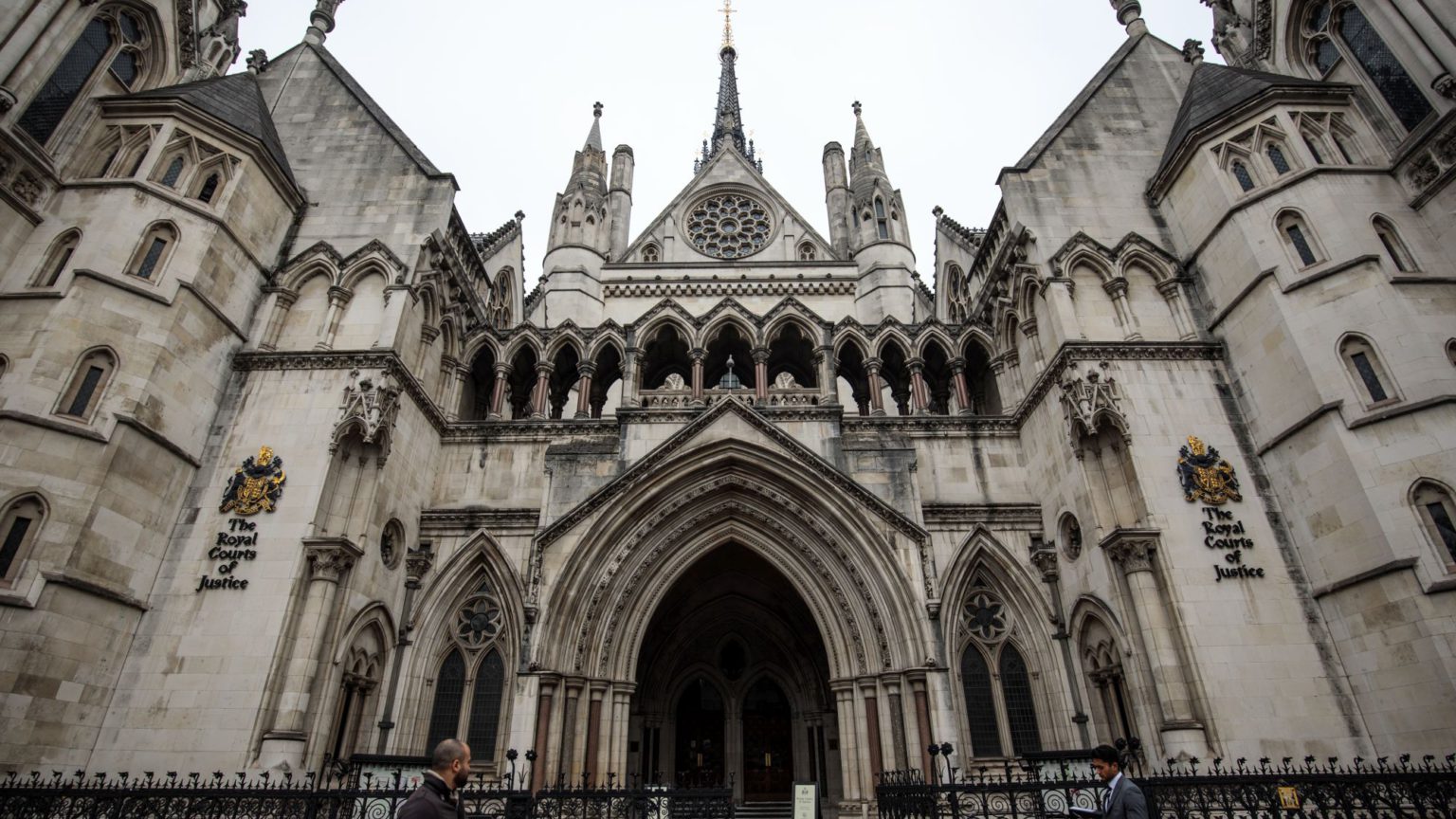What we learned from the forced-abortion case
So pro-lifers suddenly care about the state meddling in women’s affairs?

Want to read spiked ad-free? Become a spiked supporter.
A woman’s decision to have an abortion is a deeply personal and private matter. But one mentally disabled woman living in England had her pregnancy discussed in public at length recently, following a court ruling mandating doctors to abort the pregnancy without her consent, which was later overturned.
The pregnant woman had a ‘moderately severe’ learning disorder and the mental age of a child aged between six and nine. Doctors questioned her ability to handle the psychological toll of childbirth and raising the child. The woman’s mother, her social worker and her lawyers all argued that she was capable of giving birth, and argued that the child’s grandmother would do most of the caregiving. Despite their pleas, the Court of Protection ruled that termination was in the woman’s ‘best interests’. After the case was taken to the Court of Appeal, the ruling was thankfully overturned.
These kinds of cases test the extent to which we respect a woman’s right to choose. What happens when someone who legally counts as a minor, or who cannot make rational or reasoned decisions, ends up in a situation requiring great responsibility, like a pregnancy? It’s easy to be pro-choice when dealing with less morally problematic cases. But the answer should always be the same: we trust women. If doctors, who undoubtedly had the woman’s best interests at heart, had been sanctioned by the state to take that decision into their own hands, it would have reinforced the state’s control over women’s bodies.
Let’s not forget – the state still has ultimate control over women’s bodies in England. If we fall pregnant and want an abortion at 24 weeks – just two weeks longer than the woman in question in this case – we can’t have one without breaking the law. As abortion is still technically illegal, our bodies are restricted by the conditions of the state. In Northern Ireland, abortion is illegal in almost every circumstance, and women can go to jail for procuring an abortion at any week of pregnancy and for any reason.
If this ruling had been upheld, it would have had terrible implications for disabled women in particular. It would have set a precedent that a woman’s inability to be the sole care provider for children is reason enough to prevent her from having children. And what about women who find themselves happily pregnant but unable to afford the expense of raising children? Some have said this case marked a return to eugenics. That might sound a little extreme. But when you begin to see court-ordered abortions for women deemed mentally incapable of being mothers, alarm bells should ring.
This case also reminds us of what all women are legally required to go through in order to access abortion. In order to get an abortion, most women have to prove to two doctors that having a child would cause them mental or physical ill-health. This is still not really our choice to make. With that in mind, the forced-abortion case reveals the hypocrisy of pro-lifers. The anti-choice group Right To Life called on health secretary Matt Hancock to intervene in the case to prevent the ‘gross overreach of the state’. This is a group that is entirely comfortable with the state being used to prevent women from having abortions.
Some pro-life campaigners jeered on Twitter that ‘pro-choice sisters’ should surely ‘appreciate the horror of forced abortion’ with regards to this case. Well, we do – which is why we’ve always argued that the state, the church and reactionary pro-life campaigners should have no say in a woman’s most private and personal decision. Far from being a blow to pro-choice campaigners, the overturning of this forced-abortion ruling highlights the injustice of allowing the state to control women’s bodies in any circumstances.
If we really believe that women should be free to make autonomous decisions about their bodies, and at spiked that is what we have always believed, then we must decriminalise abortion once and for all. Women’s bodies are our own – it is time to kick the state out of our wombs forever.
Ella Whelan is a spiked columnist and the author of What Women Want: Fun, Freedom and an End to Feminism.
Picture by: Getty.
Who funds spiked? You do
We are funded by you. And in this era of cancel culture and advertiser boycotts, we rely on your donations more than ever. Seventy per cent of our revenue comes from our readers’ donations – the vast majority giving just £5 per month. If you make a regular donation – of £5 a month or £50 a year – you can become a and enjoy:
–Ad-free reading
–Exclusive events
–Access to our comments section
It’s the best way to keep spiked going – and growing. Thank you!









Comments
Want to join the conversation?
Only spiked supporters and patrons, who donate regularly to us, can comment on our articles.